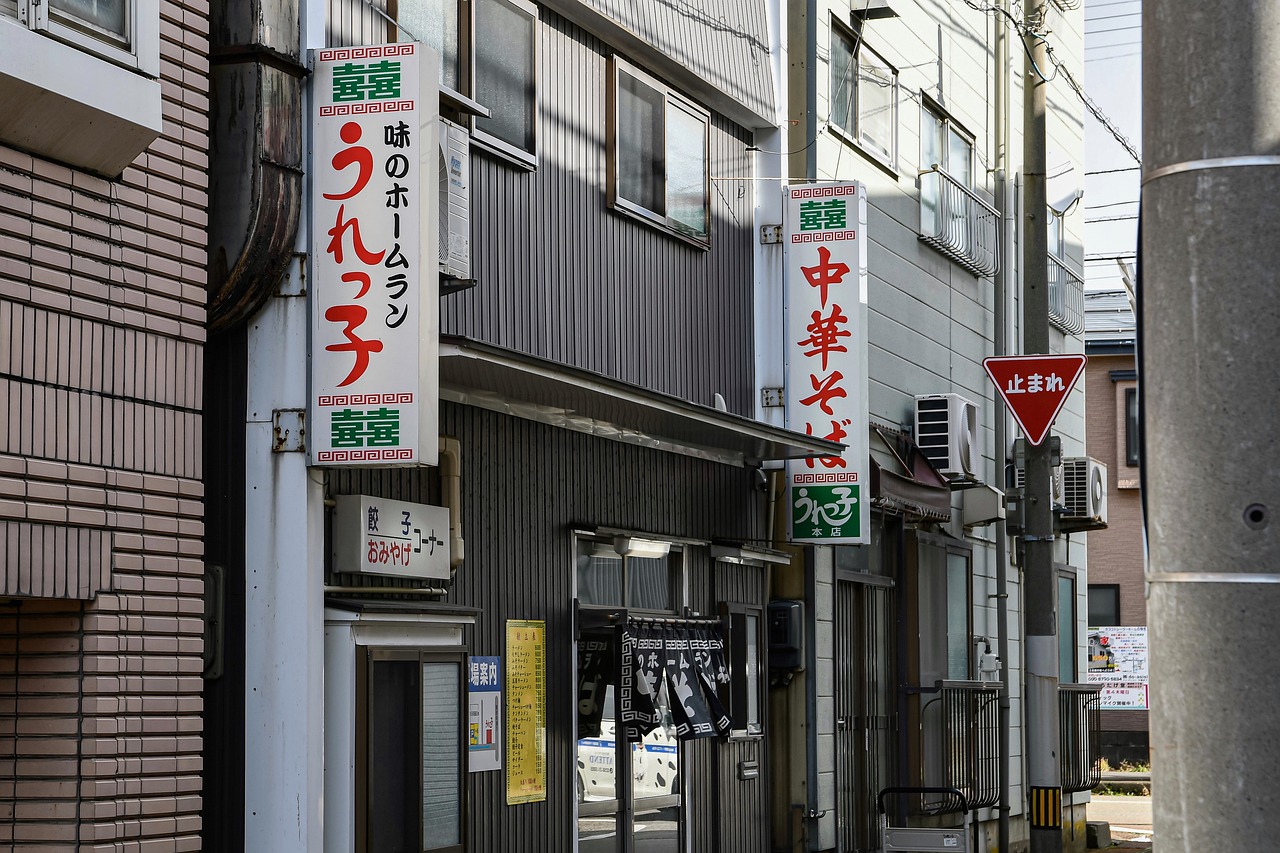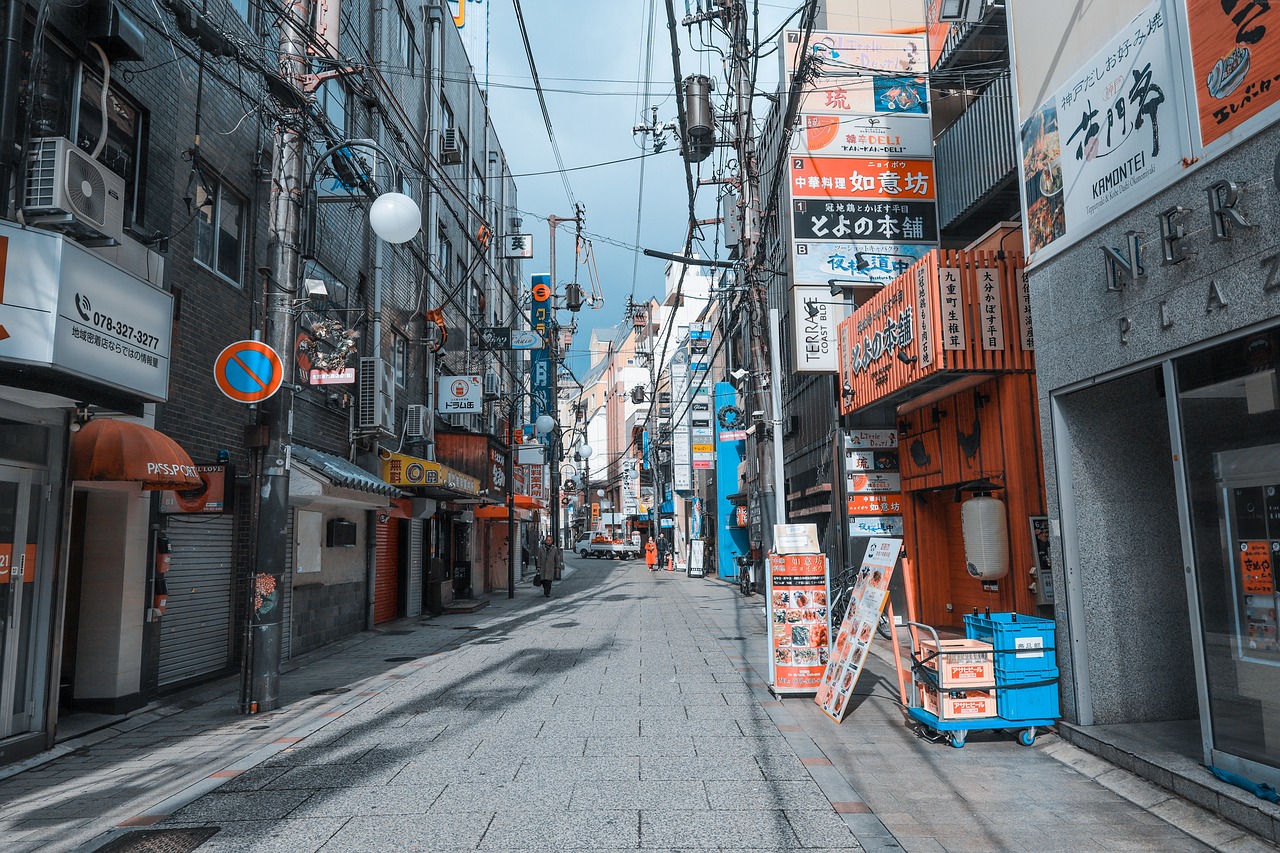Known to Have MBTI Type INFP, Here's Yoo Ah In's Character Currently Entangled in Many Scandals
For those of you who are curious about this oppa's character. Here’s Yoo Ah In's character as seen from his MBTI. Let's check it out, KLovers!

Kapanlagi.com - In the rich diversity of the Japanese language, Store Japanese has several interesting expressions to explore. From the bustling corners of Tokyo to the quiet alleys of Kyoto, stores in Japan are not just places for transactions but also reflections of culture and daily life of its people.
This article will invite KLovers to delve into the nuances of Store Japanese, revealing the differences between Store Japanese terms and their example sentences. We will explore the usage of each word, accompanied by example sentences that help KLovers understand and use them in everyday conversations.
Let’s start this linguistic journey, how Store Japanese works along with explanations and example sentences. Come on, let’s check it out KLovers!

Illustration (credit: pixabay.com)
In Japanese, we can learn various words, one of which is the Japanese word for store. The common word for store is "mise" or "tenpo". However, the most frequently used in daily conversation is "omise", where the prefix of the Japanese word for store omise is "o" added as a form of politeness.
The word omise itself means store or shop, while the word "po" in the word tenpo adds a more formal or business nuance. Additionally, there is the term "shouten" which also means store, but is more often used in a more formal context or in writing. The Japanese word for store also has various specific terms.
This can be seen in certain types of stores, such as "hon'ya" for bookstore, "yaoya" for vegetable store, or "konbini" for convenience store. The use of these Japanese store words reflects the diversity of store types in Japanese culture and the importance of retail trade in daily life in Japanese society.

Illustration (credit: pixabay.com)
After learning about Japanese store language, KLovers can understand the differences between mise, tenpo, and shouten. The main difference between these 3 types of Japanese store language lies in the nuance and context of their use. For the Japanese store language, mise is the most common and informal term.
Then, the Japanese store language tenpo is more formal and often used in business contexts, while shouten has a more traditional nuance and is often used in written language. Let’s look at examples of each of these terms used in sentences:
Example sentences using mise
1. "Kono mise wa oishii raamen de yuumei desu."
Meaning: This store is famous for its delicious ramen.
2. "Atarashii youfukuten ga ekimae ni oopun shimashita."
Meaning: A new clothing store has opened in front of the station.
3. "Kanojo wa chiisana zakka-ten wo keiei shite imasu."
Meaning: She (female) runs a small goods store.
4. "Sono mise no tenshu wa totemo shinsetsu na hito desu."
Meaning: The owner of the store is a very friendly person.
5. "Shuumatsu ni sono mise de seeru ga arimasu."
Meaning: There is a sale at that store this weekend.
Example sentences using tenpo
1. "Tousha wa zenkoku ni gojuu no tenpo wo tenkai shite imasu."
Meaning: Our company has 50 stores nationwide.
2. "Shin-tenpo no oopun ni mukete junbi wo susumete imasu."
Meaning: We are preparing for the opening of a new store.
3. "Kono tenpo no uriage ga sengetsu-hi nijuu paasento zouka shimashita."
Meaning: Sales at this store increased by 20% compared to last month.
4. "Kaku tenpo no zaiko joukyou wo shisutemu de kanri shite imasu."
Meaning: We manage the inventory status of each store through a system.
5. "Tenpo sutaffu no kenshuu wo raishuu jisshi shimasu."
Meaning: We will conduct training for store staff next week.
Example sentences using shouten
1. "Kono toori ni wa mukashi nagara no shouten ga narande imasu."
Meaning: Traditional stores line this street.
2. "Jimoto no shoutengai wa shuumatsu ni naru to nigiwaimasu."
Meaning: The local shopping area becomes lively on weekends.
3. "Kare no kazoku wa sandai tsuzukete shouten wo itononde imasu."
Meaning: His family has been running a store for three generations.
4. "Shouten no akari ga machi ni nukumomi wo ataete imasu."
Meaning: The lights of the stores provide warmth to the city.
5. "Ooku no shoukibo shouten ga onrain hanbai wo hajimemashita."
Meaning: Many small stores have started selling online.
That is the Japanese store language that KLovers can learn. Understanding the terms of Japanese store language can provide new and exciting knowledge for you to learn.
(kpl/dhm)
Cobain For You Page (FYP) Yang kamu suka ada di sini,
lihat isinya
For those of you who are curious about this oppa's character. Here’s Yoo Ah In's character as seen from his MBTI. Let's check it out, KLovers!
Let's take a look at Yeo Jin Goo's character from the perspective of his zodiac sign, which is Leo. Check it out, KLovers!
This is the synopsis of the film 47 RONIN from 2013 that you can know, complete with the cast list. Let's check it out, KLovers!
Curious about what the explanation of rain dreams means? To find out, just take a look at the explanation below.
Curious about the explanation of the meaning of dreaming of carrying a boy? To find out, just take a look at the following discussion.
Curious about the character traits of men born on Tuesday Legi according to Javanese primbon? To find out, just take a look at the following review.
Curious about what the character explanation of those born on Saturday Pahing according to Javanese primbon is like? To find out, just check out the following review.
Based on various analyses and observations, many assume that Nicole Kidman has the MBTI type INFJ. This assumption about Nicole Kidman's personality type is said to align with several traits of the actress. Curious about what those traits are?
So, what personality types are included in the philosopher MBTI? To find out, just take a look at the explanation below.
So, are you interested in watching Chinese dramas about the medical world? If so, just check out the list of recommendations and reviews below.
Tea has carved its mark in the language, rituals, and daily life of the Japanese people. Let's explore the Japanese language of tea, along with its meanings and savor the history in every sip of Japanese tea. Check it out, KLovers!
For KLovers who are curious about the character of Son Suk Ku. Here is an explanation of Son Suk Ku's character viewed from his MBTI. Let's check it out, KLovers!